Diet Soda and Your Bones
It's no secret that soda isn't great for your overall health. After all, the first ingredient after carbonated water is sugar! But sometimes, you're just in the mood to sip on something that's both fizzy and sweet. And while that's fine, can we interest you in choosing a low-sugar soda alternative, instead?
Even if you're not a regular soda drinker, you may think the occasional splurge is harmless. But the combination of sugar, chemicals, and carbonation required to make your favorite carbonated beverage can wreak havoc on more than just your waistline.
Below, we showcase just a few scary things that can happen to your body when drink soda. Then, be sure to check out What Happens To Your Brain When You Drink Soda.
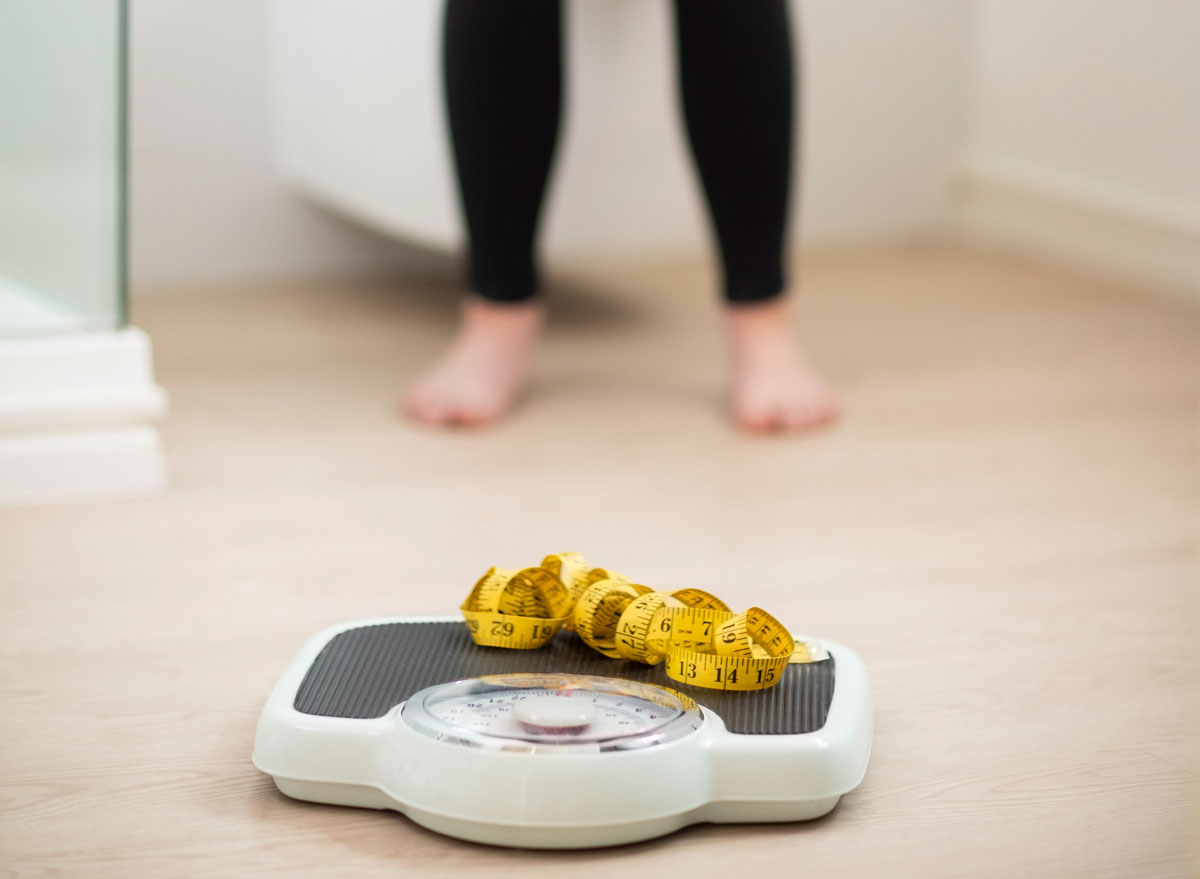
One of the most obvious side effects of drinking soda is the risk of weight gain, thanks to the influx of calories and sugar. A 12-ounce can of soda contains around 150 calories and up to 40 grams of sugar. Drinking one a day means ingesting more than 130,000 extra calories a year. But it's more than just the extra calories per soft drink that are packing on the pounds. A study in The American Journal of Clinical Nutrition found that drinks containing high-fructose corn syrup (which is in a lot of sodas) are linked to obesity. Fructose is absorbed in the body differently than other sugars, the study assesses, which affects insulin levels and metabolism, and can lead to weight gain.
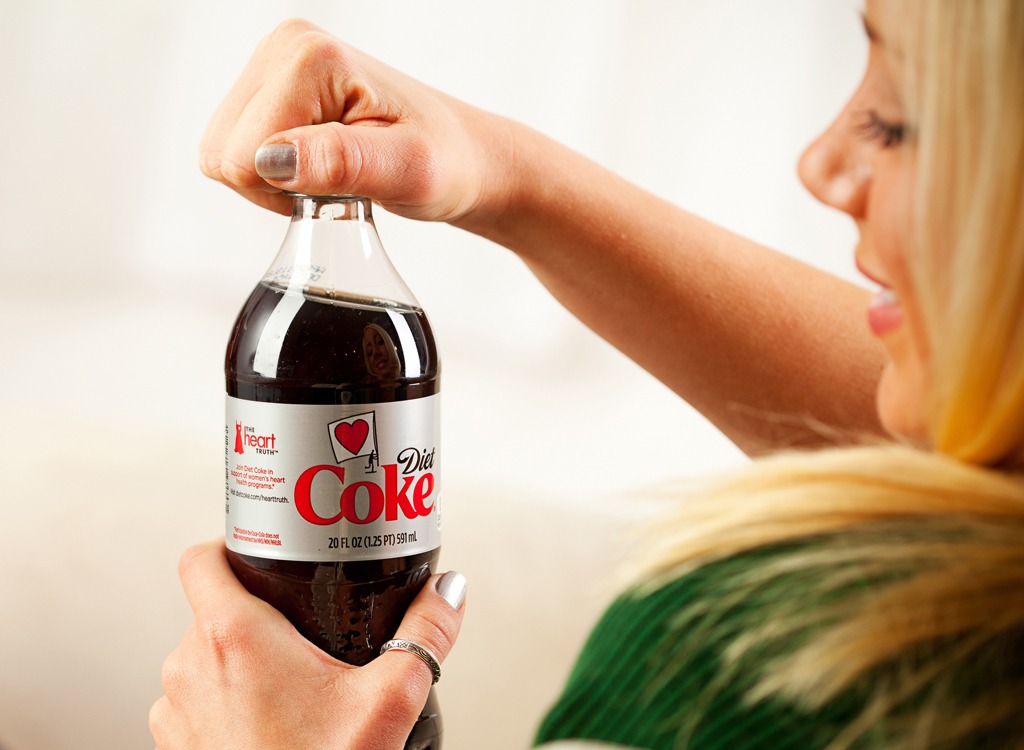
And it's not just the full-calorie options; diet soda can also cause people to pack on the pounds, according to a 2015 study published in theJournal of the American Geriatrics Society. The study showed that over nine years, people who drank diet soda gained almost three times as much belly fat as those who didn't drink diet soda. Researchers have theorized that the consumption of artificial sweeteners leads to more sugar cravings, and therefore causes people to eat more calories than they normally would.
Don't miss Secret Side Effects of Drinking Diet Soda, Experts Say.

Drinking soda causes your blood sugar to spike, and it sends your pancreas into overdrive producing insulin to metabolize all that sugar. So it's no surprise a study in the American Heart Association journal Circulation found that consuming sugar-sweetened beverages, like soda, was linked to the onset of type 2 diabetes. And this correlation was independent of obesity's impact on developing type 2 diabetes. The researchers of the study recommended a decrease in sugar-sweetened beverage consumption, and we couldn't agree more.
Now, check out Foods That Can Decrease Your Diabetes Risk, Says Dietitian.

It makes sense, but it's worth noting: drinking sugar-sweetened beverages will increase your risk of diabetes as well as your risk of prediabetes. Prediabetes is a condition where your blood sugar levels are higher than normal, but are not at the levels found in diabetics. When Tufts University researchers examined the dietary habits of Americans, they found that those who consumed roughly six 12-ounce cans of soda a week had a 46 percent higher risk of developing prediabetes compared to those who drank less soda as well as those who drank no soda at all over the course of 14 years. Since 25 percent of prediabetics will develop type 2 diabetes over a 5-year time period, the fact that sipping on soda increases your risk of prediabetics is just as scary as its effect on diabetes risk.

Drinking soda regularly doesn't just give you less energy; it also slows down your swimmers. The Rochester Young Men's Study, which examined 188 healthy young men at the University of Rochester, found that participants who drank more sugar-sweetened beverages, including soda, experienced lower sperm motility.

Men's fertility isn't the only thing that can be disrupted by soda consumption. According to a 2018 study published in the journalEpidemiology, consuming just one (or more) sugar-sweetened beverage a day—by either a man or woman—is associated with a decreased chance of getting pregnant. Specifically, women who consumed at least one soda per day had 25% lower fecundability while men who drank the same amount showed a 33% lower fecundability.
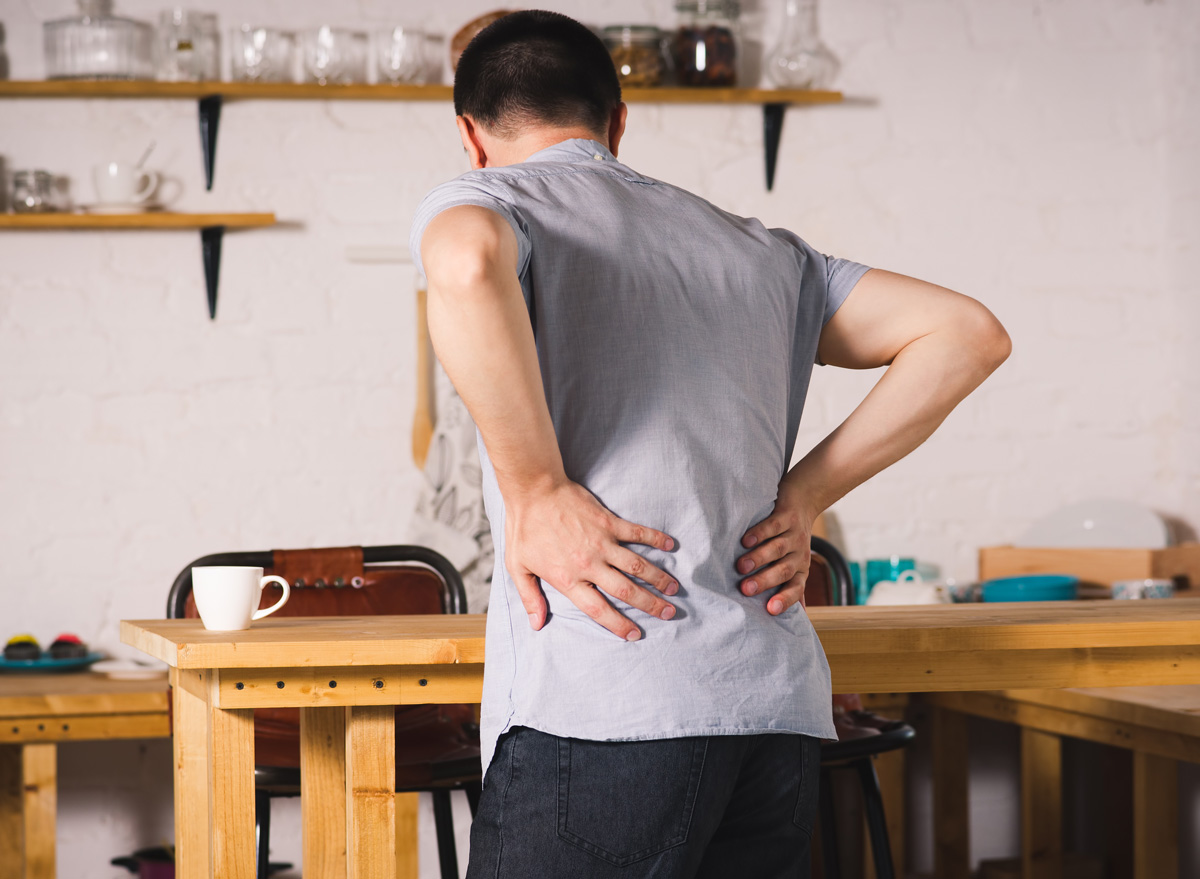
Soda has been linked to poor kidney function according to a study out of Osaka University Graduate School of Medicine in Japan. Researchers studied 8,000 participants who all had normal kidney function at the beginning of the study, split into one group who drank no soda, one who had one a day, and another who had two a day. Not surprisingly, the group who drank two sodas a day had a much higher chance of developing proteinuria, a condition in which protein isn't properly filtered by the kidneys and a sign of chronic kidney disease. Scary stuff.

Heart disease is the leading cause of death in adults in America, accounting for 610,000 lives a year, according to the CDC. Although people typically associate poor heart health with poor lifestyle habits like smoking and not working out, drinking soda should also be on the top of that list. Having one 12-ounce soda a day raises your risk of a heart attack by 20%, according to a study published in the American Heart Association journal Circulation. The researchers found the correlation to be independent of obesity and weight gain alone, and believe soda's inflammatory properties play a role. Sugary beverages have also been linked to higher levels of triglycerides and low levels of HDL, or good cholesterol, which all lead to poor heart function.
Don't miss One Major Effect Vitamin K Has on Your Heart, Says New Study!

No surprise here: All of the sugar consumed by drinking soda is horrible for your pearly whites. Couple that with the acidity of carbonated beverages that destroy tooth enamel, and you have a dentist's nightmare. Soda leeches calcium from your teeth and leads to dental erosion, according to a study published in the International Journal of Dentistry. Aside from severe tooth decay, darker-colored sodas like colas can also stain the surface of your teeth. That's nothing to smile about.

About 1 in 13 (or 25 million) Americans suffer from asthma, a lung condition that's usually considered a genetic disease triggered by allergens such as pollen and mold. But sugar-sweetened beverages can also lead to the onset of asthma, according to a study out of Australia. Researchers found that high levels of soft drink consumption were associated with an increased risk of asthma or Chronic Obstructive Pulmonary Disorder (COPD). So take a deep breath… and put down the soft drink.
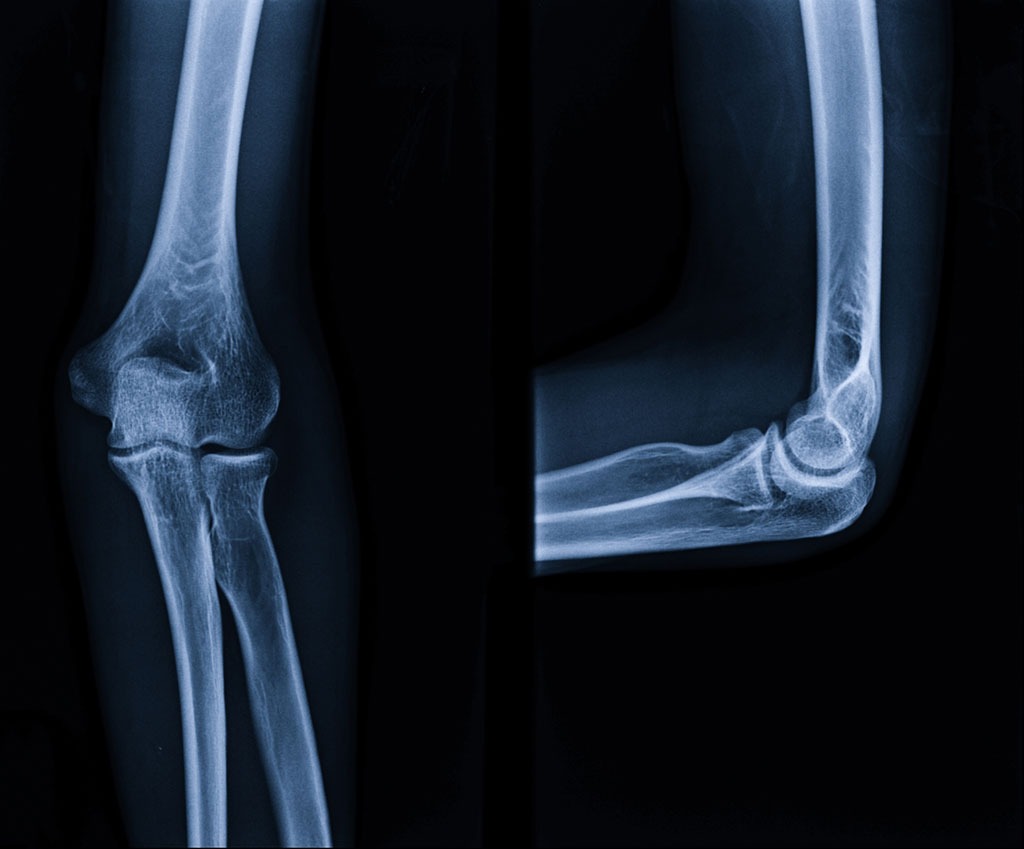
Even though your bones naturally become more brittle as you age, drinking soda can exacerbate this problem. Certain soft drinks make your bones weaker, according to a study published in The American Journal of Clinical Nutrition. The study found that women who drank cola and diet cola daily had lower bone density in their hips. Although the study didn't find a correlation between non-cola carbonated beverages and bone density, it did note a lower calcium-to-phosphorus ratio. So laying off the soda is important for staying strong in old age.
RELATED: Popular Foods With More Calcium Than a Glass of Milk
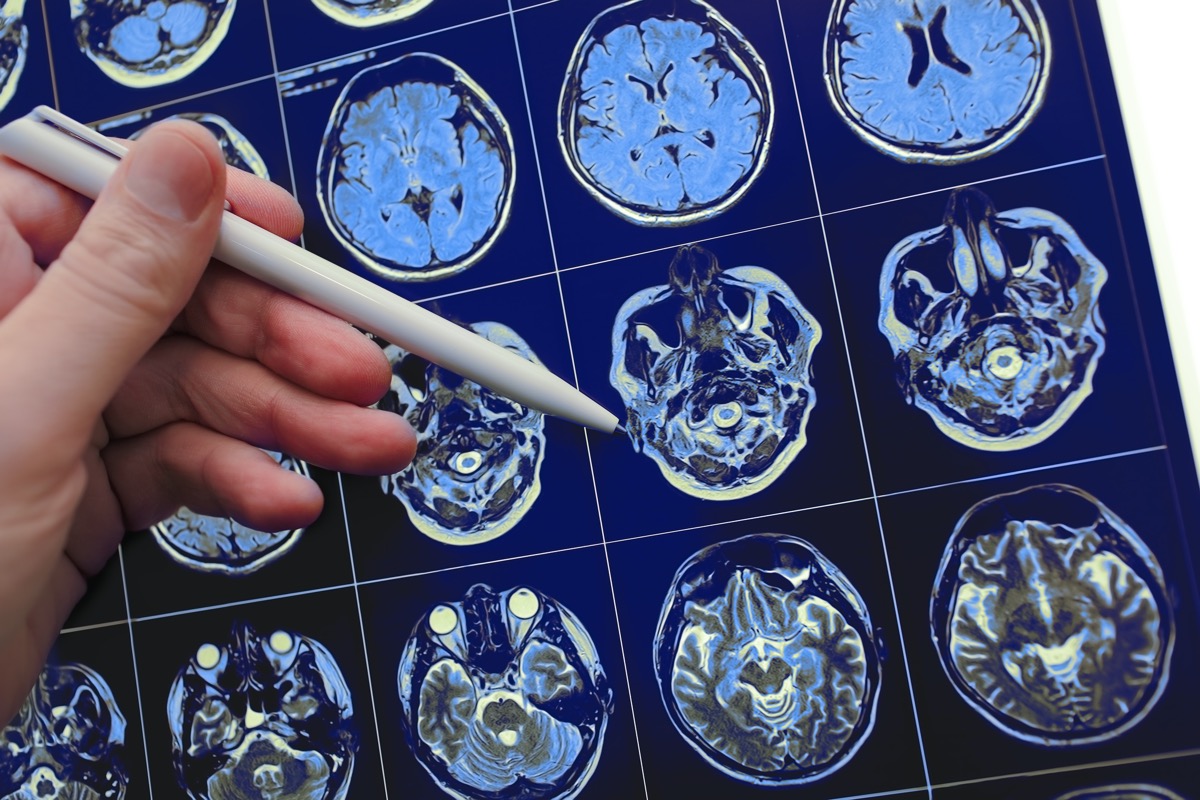
Drinking soda doesn't just affect your body—your brain is at risk, too. A study out of UCLA found that consuming high levels of fructose, such as the added sugars in soda (hello, high-fructose corn syrup!) alters hundreds of cells in the brain. The scariest part is these are genes linked to serious diseases, such as Alzheimer's disease and ADHD. Although a diet rich in omega-3 fatty acids was found to reverse the damaging effects of fructose, it's best to lay off the sugar-sweetened beverages in the first place.
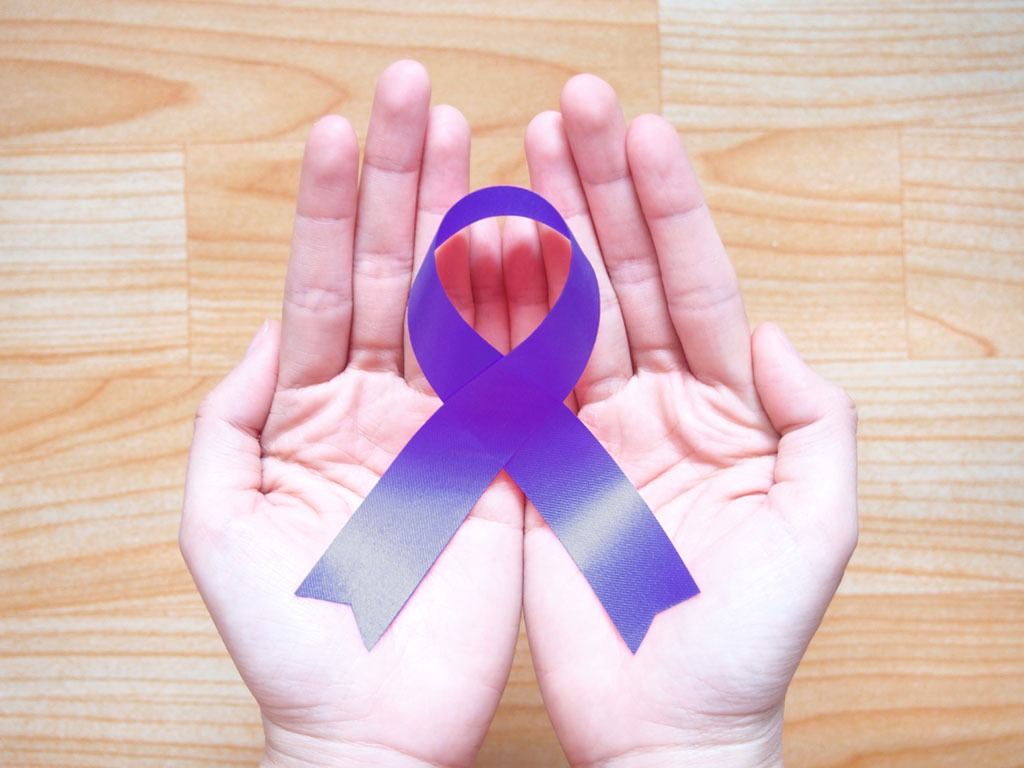
Think just a couple of sodas a week won't do any harm? Think again. People who drank two or more soft drinks a week had a significantly higher risk of developing pancreatic cancer compared to those who didn't drink them, a study published in the journal Cancer Epidemiology, Biomarkers & Prevention found. Of the 60,524 participants, those who drank juice instead of soda didn't carry the same risk of pancreatic cancer, even though juice also contains a lot of sugar. Soda was found to be uniquely dangerous for the pancreas, which is one more reason to kick your pop habit for good.
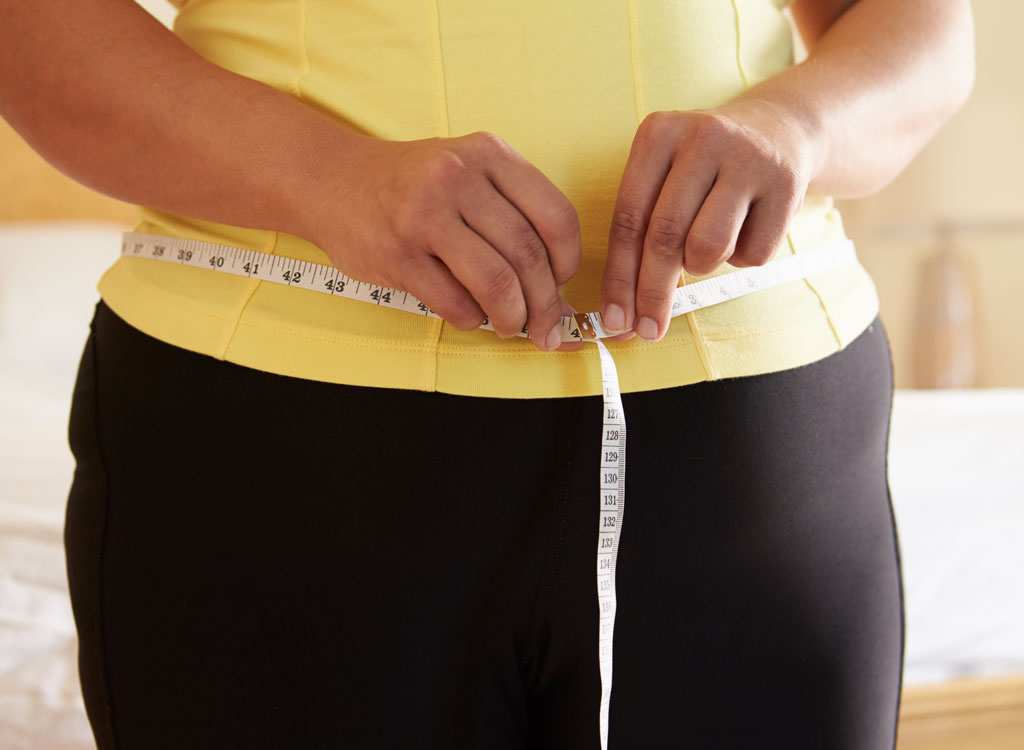
It's not terribly shocking that soda is connected with weight gain, but what is a novel finding is that sugar-sweetened beverages are actually the worst of the worst when it comes to their connection with weight gain.
"Sugar-sweetened beverages increase cardiometabolic risk factors compared to equal amounts of starch," said lead author Kimber Stanhope, a research nutritional biologist at the University of California, Davis, in a press release. The review, published in the journalObesity Reviews, provides even more evidence that sometimes a calorie is not a calorie and that there are other mechanisms in place that cause additional adverse health outcomes when drinking soda compared to, say, eating a candy bar.
For more, be sure to check out Popular Drinks With More Sugar Than Soda, Says Science.
Source: https://www.eatthis.com/what-happens-when-you-drink-soda/
0 Response to "Diet Soda and Your Bones"
Post a Comment